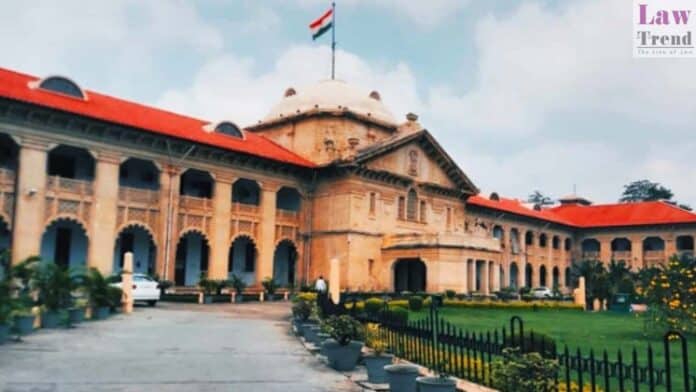The High Court of Judicature at Allahabad, in a judgment delivered on October 17, 2025, has dismissed a writ petition filed by a contractor seeking payment for work allegedly performed, ruling that the writ jurisdiction under Article 226 of the Constitution is not the appropriate forum to adjudicate disputed questions of fact in contractual matters.
To Read More Please Subscribe to VIP Membership for Unlimited Access to All the Articles, Download Available Copies of Judgments/Order, Acess to Central/State Bare Acts, Advertisement Free Content, Access to More than 4000 Legal Drafts( Readymade Editable Formats of Suits, Petitions, Writs, Legal Notices, Divorce Petitions, 138 Notices, Bail Applications etc.) in Hindi and English.




